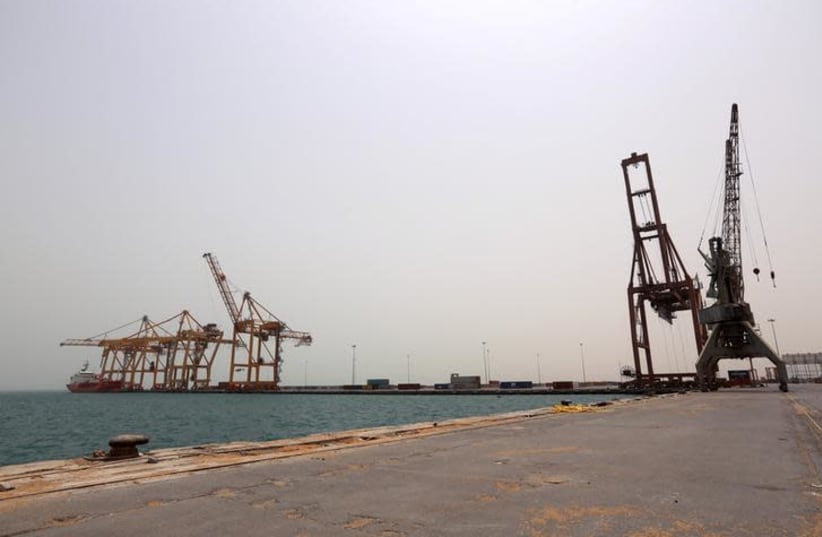Saudi Arabia suspends crude oil shipments through Bab al-Mandab
Saudi Arabia’s Energy Minister Khalid al-Falih said the kingdom would halt all oil shipments through the strait immediately and the suspension will last “until the situation becomes clearer."
